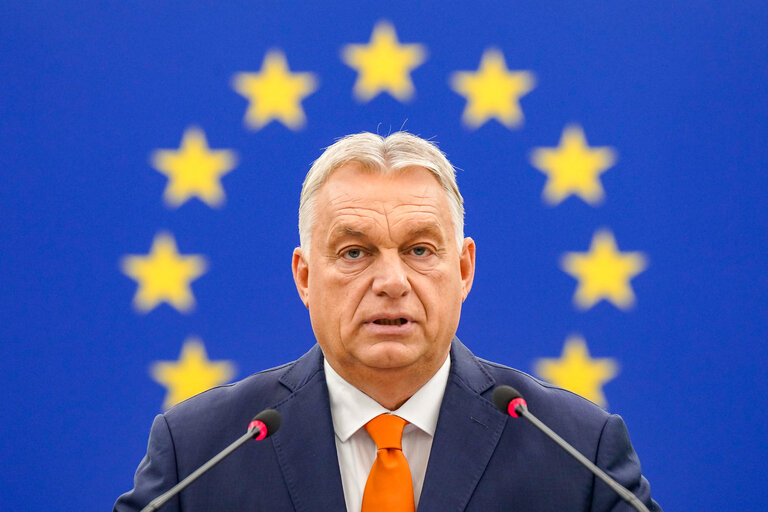Hungary and Slovakia have blocked the EU’s proposed sanctions against Georgia, drafted in response to violence against pro-EU protesters in the former Soviet republic in the Caucasus.
Hungarian Foreign Minister Péter Szijjártó defended his country’s position on Monday after a meeting in Brussels. He accused the European Union of siding with the protesters. He argued that Georgia was targeted solely because a patriotic and conservative party, Georgian Dream, rather than liberal forces, had recently won elections in the country.
The EU’s sanctions proposal includes entry bans for several high-ranking officials involved in police violence and the freezing of their assets in Europe.
Hence, the sanctions package did not receive the necessary approval to be imposed. However, there is still consideration of suspending visa-free access to the EU for Georgians holding diplomatic passports.
An official proposal on this matter will be presented by the end of the year, according to EU foreign policy chief Kaja Kallas. For this measure to be approved, only a majority vote is required, unlike the unanimity needed for sanctions.
A significant majority of EU Member States believe that the Georgian authorities have excessively used violence and conducted arbitrary arrests against protesters and opposition leaders.
Several thousand pro-EU Georgians gathered outside the Parliament in Tbilisi at the end of November, protesting for several nights against the government, which they accuse of abandoning the country’s European ambitions and exhibiting pro-Russian authoritarian tendencies.
The country has been in political crisis since the parliamentary elections on 26th October, which were won by the ruling Georgian Dream party but condemned as rigged by the pro-Western opposition.

